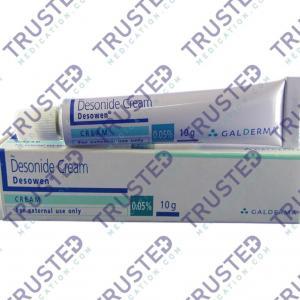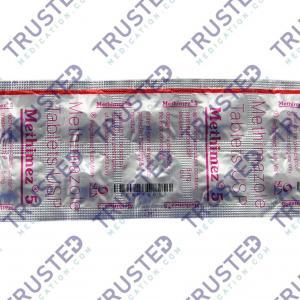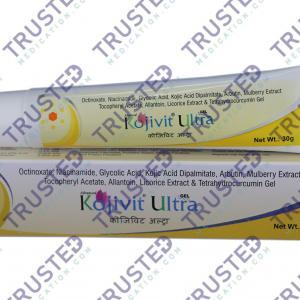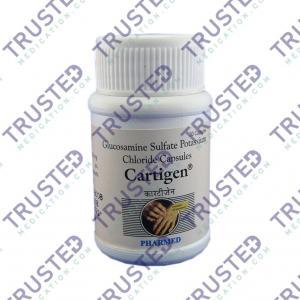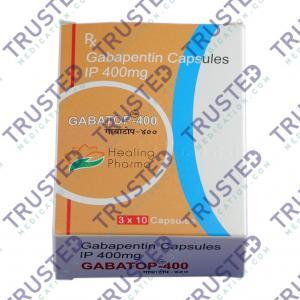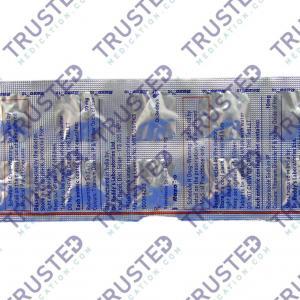
Acquired immunodeficiency syndrome or AIDS is a chronic and potentially life-threatening condition. It is due to the human immunodeficiency virus (HIV) that damages your immune system. HIV interferes with your body’s ability to fight infection and disease.
HIV is a sexually transmitted infection but, can also be spread by contact with infected blood or from mother to child during pregnancy, childbirth, or breastfeeding. Without medication, it may take years before HIV weakens your immune system.
Symptoms of HIV Infection
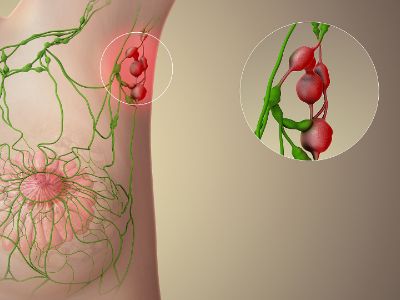
Some people infected by HIV develop a flu-like illness within two to four weeks after the virus enters the body. This is known as primary HIV infection. Symptoms include:
- Headache
- Fever
- Joint and muscle aches
- Sore throat, rashes, and painful mouth sores
- Swollen lymph glands on the neck
- Weight loss and diarrhea
- Cough and night sweats
People with HIV may have concerns and questions about COVID-19, including the risk of serious illness and vaccine safety. There is an ongoing study about COVID-19 and how it affects people with HIV. Nearly half of people in the United States with diagnosed HIV have higher rates of certain underlying health conditions.
Are the COVID-19 Vaccines Safe for People with HIV?
In most clinical trials, vaccines are found safe for HIV patients. There are extensive data that permits HIV patients to receive COVID-19 vaccines. People with HIV increase their risk of severe COVID-19 and for that, it is essential to receive the COVID-19 vaccine as long as patients do not have other life-threatening conditions.
COVID-19 vaccination is recommended for people living with HIV and they are a priority group in vaccination programs. There is no evidence that people with HIV have a higher rate of side effects after vaccination or unusual side effects. Vaccinating people with HIV with higher CD4 counts with COVID-19 stimulates strong antibody responses, though vaccine protection may be less effective in people with CD4 counts below 200.
COVID- 19 Vaccines Available for HIV Patients in the US
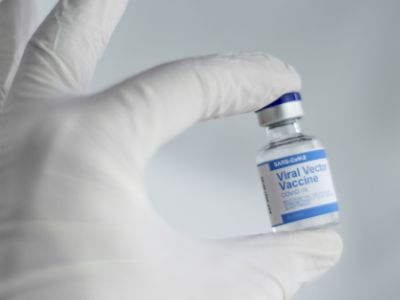
- Pfizer-BioNTech vaccine. Patients who are immunocompromised aging 5 and older receive their primary COVID-19 vaccine series as soon as possible. Pfizer vaccine is allowable for individuals 16 and older and is authorized for vaccination for children and adolescents 5 years and older. It is the only vaccine currently authorized for children and adolescents in the U.S.
- J&J/ Janssen Vaccine. The safety data for the Janssen vaccine is similar to what was reported during clinical. Trials and 97% of the events reported have not been serious events. Rare cases of serious blood clotting. People with HIV have never been reported to experience blood clots, and there are no signs that they are more likely to develop blood clots based on their HIV status.
Do HIV Patients Need Supplemental and Booster Shots for COVID Vaccines?
HIV-positive individuals may require a supplemental vaccine depending on how old they are, their health status, and whether they have been immunized with COVID-19. FDA releases authorizations to the Pfizer-BioNTech, Moderna, and J&J/Janssen COVID-19 vaccines for supplemental doses for individuals who are immunocompromised. Booster doses are also given to patients or other populations at higher risk for serious illness due to COVID-19.

